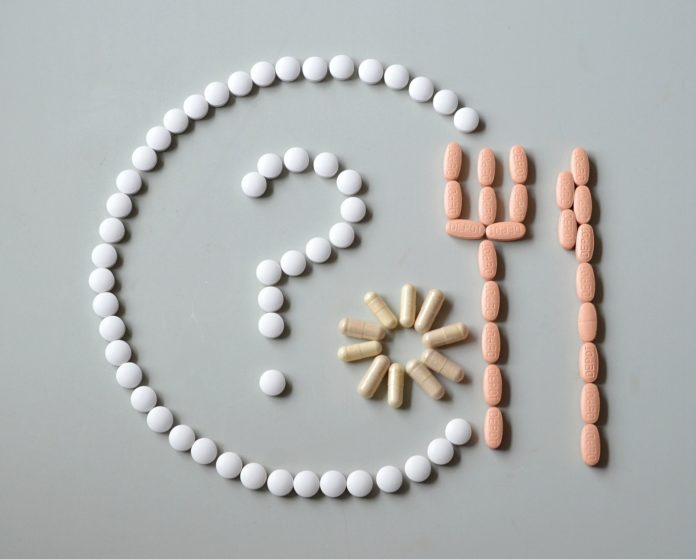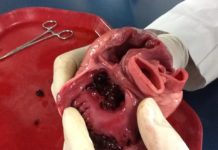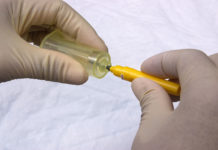
Experimental new drug reduces effects of gluten for celiac patients on gluten-free diet
A new drug has raised hopes of protecting patients of celiac disease against accidental gluten exposure.
Gluten (meaning glue in latin) is a storage protein found in many grains like wheat, barley, rye and oats. Celiac disease is an autoimmune disorder where gluten intake leads to the damage of intestinal lining leading to decreased absorption of nutrients causing multiple nutritional deficiencies.
The intestinal damage often causes diarrhea, fatigue, weight loss, stomach pain or bloating and anemia, and can also lead to other serious complications.
AMG 714 (anti-IL-15 monoclonal antibody), potentially protects celiac patients from inadvertent gluten exposure.
Researchers found that the AMG 714 antibody, which blocks interleukin 15, an important mediator of celiac disease, leads to fewer symptoms following gluten exposure.
In India, celiac disease is suspected to be more prevalent in north India. Diagnosis rate of celiac disease is as low as 5%
In India, celiac disease is suspected to be more prevalent in north India. Diagnosis rate of celiac disease is as low as 5%









